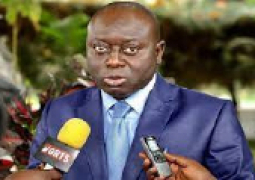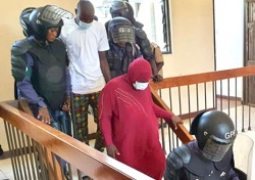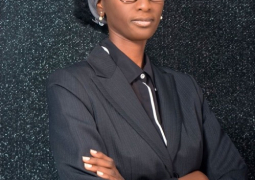Counsel pressed him on whether such an act amounted to an interference with an independent commission established under the constitution.
Drammeh, who served at the heart of executive decision-making under the Barrow administration, insisted that the motivation was noble, even if the method was flawed. “Yes, the process was wrong,” he conceded, “but the intention was right. We acted in the interest of the farming community.”
He further explained that the President had received numerous appeals from rural farmers demanding the return of the tractors for agricultural use. “It was a message that came from the President’s desk, urgent and important. We had to act immediately,” he said.
Pressed on why Cabinet did not follow the legal route by formally engaging the Janneh Commission, Drammeh admitted that the executive acted outside established procedures. He even conceded that the Minister for Justice later told them they had “gone out of line”.
“Yes, the Minister of Justice drew our attention that what we did was wrong,” he acknowledged. “We accepted it and later corrected the process.”
Drammeh appeared to defend the idea of breaking the law for what he called “public good.”
“Sometimes, in governance, an action might be an infraction in law, but beneficial to the people,” he said. “If the greater good is served, then it can be justified.”
Counsel challenged him, warning that such reasoning breeds dictatorship by allowing the President to override the constitution under the pretext of good intentions.
Yet Drammeh remained firm, even philosophical. “At that material time, nobody thought about right or wrong,” he said. “All we saw was the good.”





